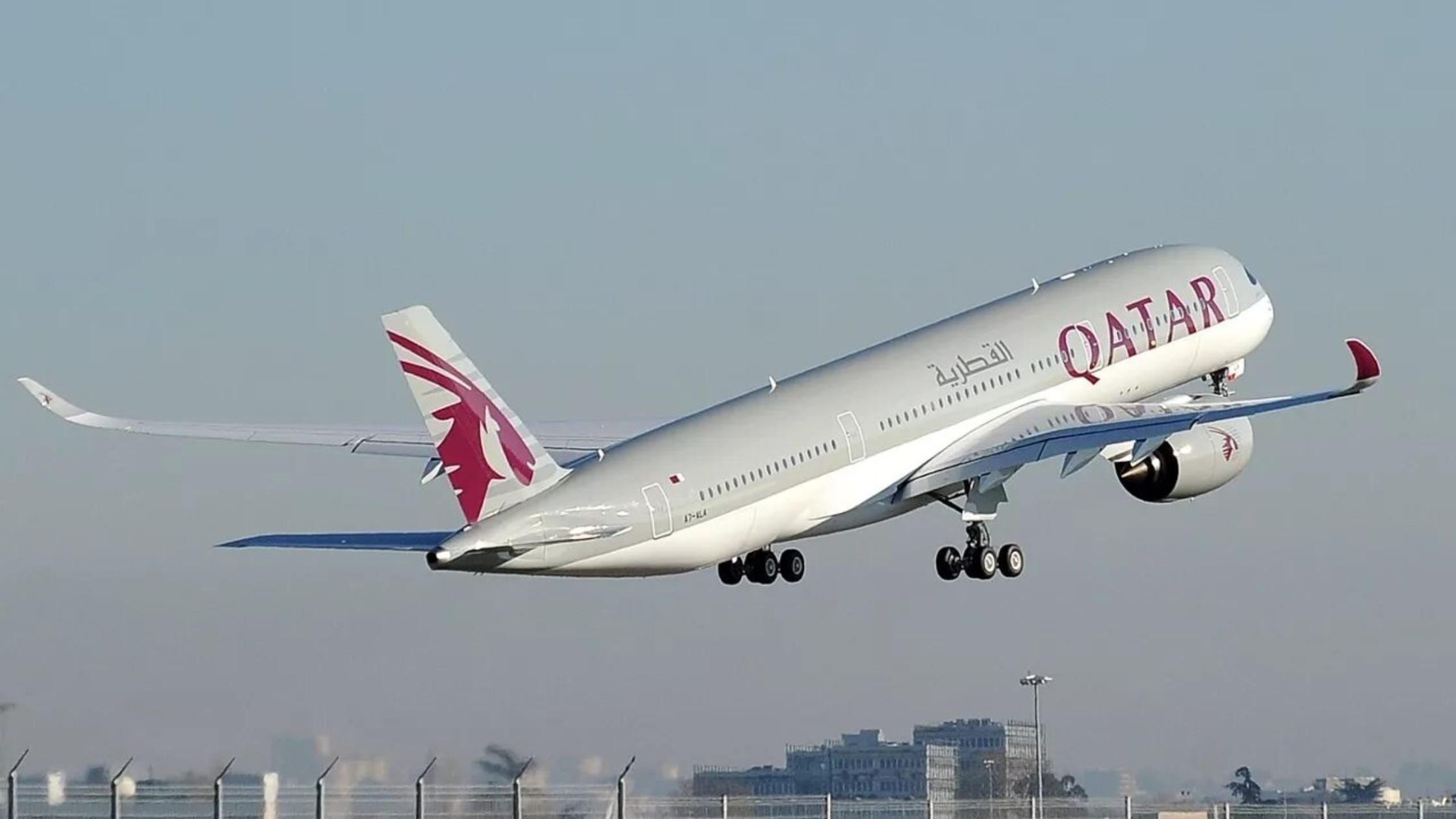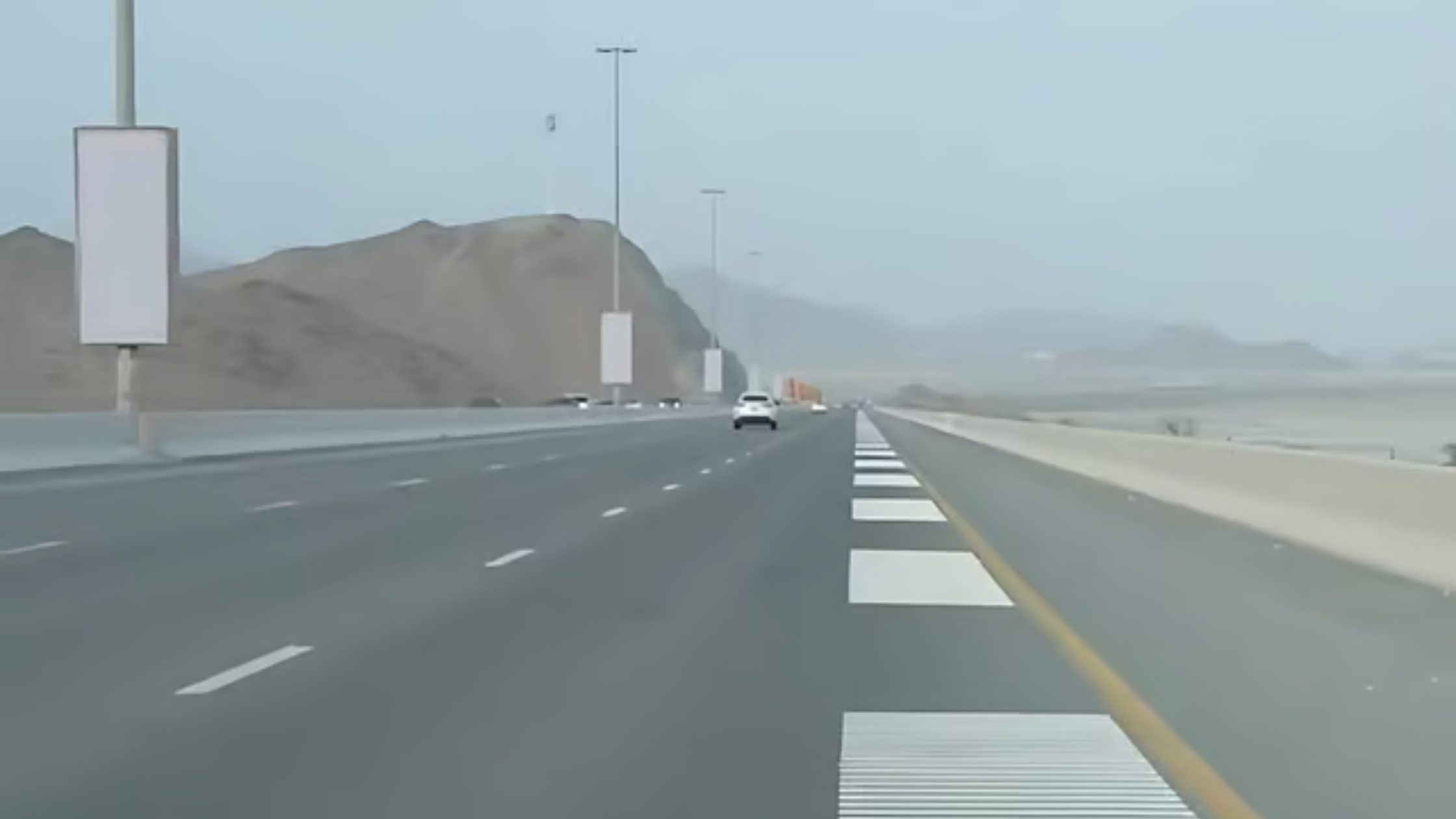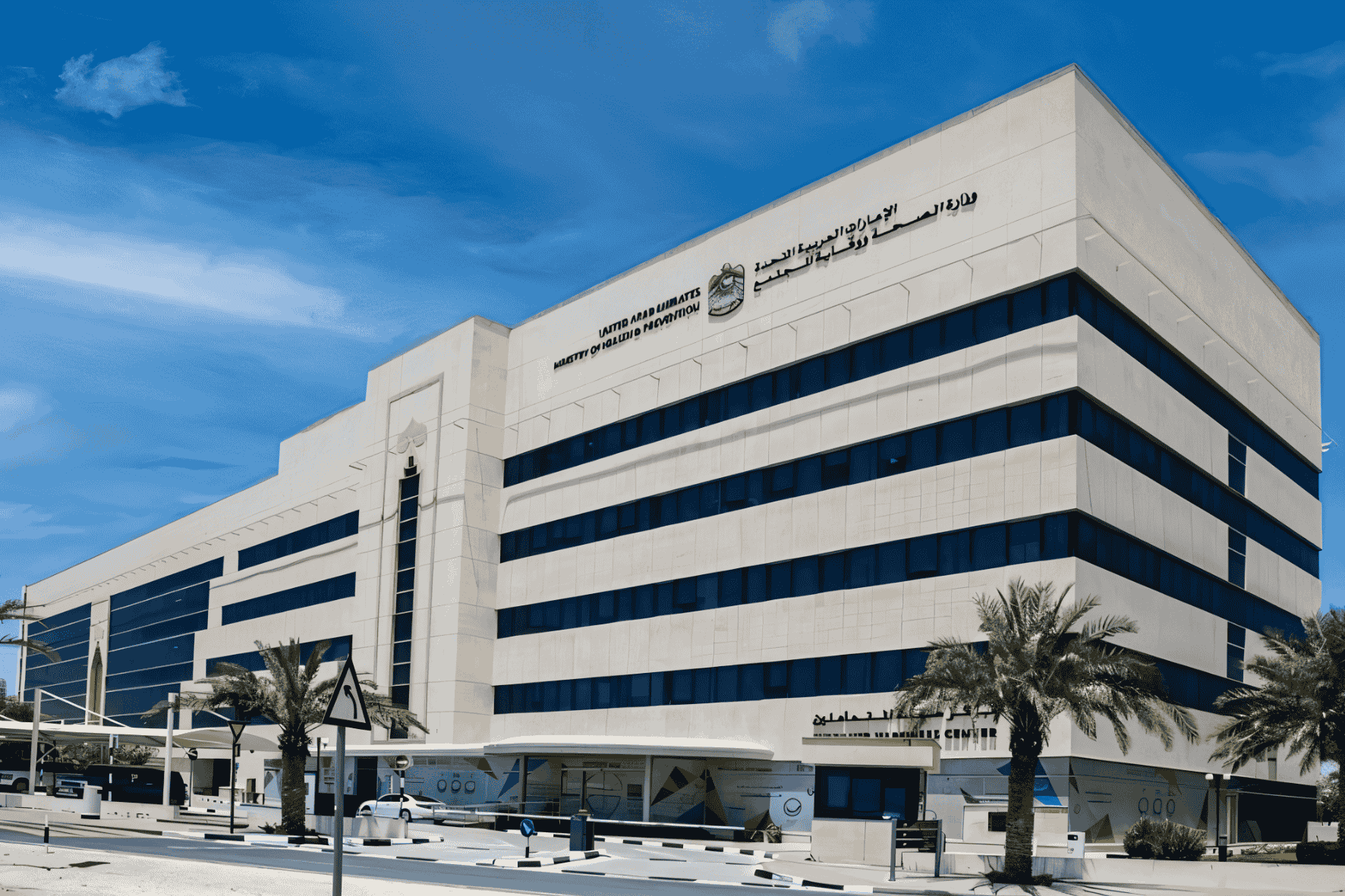UAE Authorities Warn Of Dust Storms Amid Strong Winds Forecast

The United Arab Emirates is preparing for another spell of challenging weather conditions, as national meteorological authorities have issued warnings regarding dust storms, heavy winds, and widespread blowing sand expected to impact several emirates in the coming days. These atmospheric disturbances are forecast to disrupt visibility on roads, delay flights, and raise health concerns for those with respiratory conditions. Authorities have urged the public to exercise caution, stay indoors whenever possible, and remain informed through official weather updates. The expected wind-driven dust and sandstorms are part of a seasonal pattern common to the region, though their severity in this instance has prompted heightened alerts across the nation.
Strong Winds Expected to Sweep Across Several Emirates
Meteorologists from the National Center of Meteorology (NCM) have indicated that the UAE will experience northwesterly winds reaching speeds of up to 45 km/h, with gusts potentially exceeding that threshold in open areas and over the sea. These winds are expected to stir up large volumes of sand and dust, creating adverse conditions, particularly in desert and rural zones. Residents in emirates such as Abu Dhabi, Dubai, Sharjah, and Ras Al Khaimah are anticipated to bear the brunt of these weather changes, with warnings extending inland and along coastal areas.
Forecasters also noted that visibility could drop below 1,000 meters in certain areas due to airborne sand and suspended dust particles. Motorists have been specifically cautioned to drive carefully and ensure headlights are on during daytime travel, especially when dust clouds obscure visibility. Several previous incidents in the region have demonstrated how rapidly shifting weather can increase accident risks, particularly when roads become blanketed in thick layers of dust.
Health Concerns and Public Safety Warnings Issued
Medical professionals have advised individuals with asthma, allergies, and other respiratory ailments to take preventive measures, including wearing masks outdoors, using air purifiers inside homes, and avoiding physical activity outside during peak dust storm activity. The fine particles present in airborne dust can aggravate respiratory systems, leading to coughing, wheezing, and more serious complications in vulnerable individuals.
The Ministry of Health and Prevention has echoed this guidance, urging the public to stay indoors with windows and doors shut when dust storms intensify. They’ve also reminded the population to stay hydrated and seek immediate medical assistance if experiencing any symptoms such as chest tightness, shortness of breath, or severe eye irritation.
Hospitals and clinics across the UAE, particularly in areas more susceptible to strong winds and dust, have reportedly been placed on standby to handle an anticipated uptick in respiratory complaints. Medical centers are also equipping their staff with protective gear and dust filtration systems to ensure both healthcare workers and patients are shielded from the worst effects of the dusty environment.
Disruption to Air and Road Traffic Likely
UAE airports, particularly Dubai International Airport and Abu Dhabi International Airport, have issued advisories regarding potential delays due to reduced visibility. While operations will continue under enhanced monitoring, passengers are being urged to check the status of their flights in real-time and allow for possible schedule adjustments.
Transport authorities across the nation have also begun preparing for increased road hazards. The Roads and Transport Authority (RTA) in Dubai has announced measures to ensure traffic signals and safety signage remain visible and functional during periods of intense dust. Maintenance crews are on alert to clear sand accumulation from key roads and highways should it become a hindrance to traffic flow.
Public transport services such as buses and metro systems will continue as scheduled but with increased attention to cleanliness and safety, particularly in response to dust accumulation at outdoor terminals and stops.
Visibility Reductions May Affect Maritime and Industrial Operations
Besides transport on land and air, maritime navigation is also expected to face difficulties during the period of strong winds and dust. Port authorities, especially in Jebel Ali and Port Zayed, are closely monitoring wind speeds and visibility levels to determine safe times for vessel movement. Fishing boats, small yachts, and leisure crafts have been advised to avoid setting out to sea during this period of instability.
Construction companies and industrial sites in the UAE have also been warned to take extra precautions as airborne particles can compromise machinery, reduce worksite visibility, and increase health risks for workers exposed to the elements for extended hours. Companies are being instructed to halt outdoor operations if necessary and to implement dust control protocols such as mist sprays and protective enclosures.
The Dubai Municipality and other civic bodies across emirates are ensuring street cleaners and sanitation staff are provided with masks and protective clothing to shield them from dust-related health hazards while continuing their duties under difficult conditions.
Educational Institutions Monitor Conditions for Possible Remote Classes
Some schools, particularly those in areas historically affected by intense sandstorms, are closely watching weather advisories to determine whether to shift to remote learning temporarily. School buses operating during peak dusty hours may also face route delays or diversions for safety reasons.
School administrations are maintaining contact with parents and guardians via SMS alerts and app notifications, encouraging them to keep children indoors after school and to ensure children with respiratory conditions carry necessary medications and protective face coverings.
The Ministry of Education has left the decision of transitioning to online learning to individual institutions, based on real-time updates from local weather and civil defense authorities. Some schools have begun preparations by equipping staff with guidelines on operating remote lessons in the event of a full closure.
Civil Defense and Emergency Services on High Alert
Emergency service units, including civil defense teams, ambulance services, and police departments, have been placed on high alert throughout the UAE as part of coordinated efforts to ensure public safety during the turbulent weather. These services are ready to respond to traffic accidents, health emergencies, or fire hazards exacerbated by windy conditions.
Residents are being encouraged to report any incidents related to fallen debris, blocked roads, or infrastructure damage via the dedicated hotlines set up by respective municipal bodies. Civil defense officials have asked construction sites to secure scaffolding, cranes, and any loose material that could become airborne and pose a danger to the public.
Authorities are also working in close coordination with national meteorological agencies to disseminate real-time updates through television, radio, and social media channels. The public is advised to follow official sources only and avoid spreading unverified information that could lead to confusion or unnecessary panic.
Tourism and Outdoor Events Adjust Schedules
With the UAE currently enjoying a peak tourism season, several outdoor events, festivals, and desert tours have had to reevaluate their schedules or add weather contingencies. Tour operators offering desert safaris and dune bashing experiences have received temporary restrictions in high-risk zones, and customers are being informed of potential changes or cancellations based on hourly weather conditions.
Hotels with beachfront access or rooftop activities have taken proactive steps by informing guests of the dust storm warnings and limiting access to exposed areas. Management teams are providing masks and complimentary room service options to encourage guests to stay indoors during the worst of the storm.
Popular tourist attractions such as the Burj Khalifa observation deck, outdoor fountains, and heritage sites are also expected to limit access during peak hours of dust activity to ensure the safety of visitors. Cultural events hosted in open-air amphitheaters and parks may shift timings or move indoors if suitable venues are available.
Agricultural and Environmental Impact Considerations
The upcoming dust storms are also expected to impact agricultural activity, especially in the UAE’s arid farming belts located in Al Ain, Fujairah, and parts of Sharjah. Farmers are preparing protective coverings for crops, while irrigation schedules are being adjusted to compensate for drying winds that increase evaporation rates and stress plant health.
Environmental experts have warned that an increase in dust particles could temporarily affect air quality levels across the UAE. Measurements taken in previous storms showed a spike in particulate matter (PM10), often surpassing World Health Organization (WHO) safe limits. While these levels tend to normalize after the storm subsides, people with cardiovascular and pulmonary issues may experience complications during this time.
Climate researchers have also noted that the recurrence of such dust events is part of a broader pattern influenced by regional climate shifts, declining vegetation cover in some desert zones, and global warming trends contributing to the increased frequency of extreme weather events.
Authorities Urge Calm and Preparedness
Despite the widespread warnings, UAE authorities have emphasized that such dust storms, while temporarily disruptive, are manageable when proper precautions are taken. The proactive approach by various departments—from weather forecasting to emergency services—reflects the country’s commitment to ensuring public safety and minimizing the impact of natural phenomena on daily life.
Public cooperation remains a central pillar in responding effectively to such conditions. Residents are advised to remain calm, stay informed through reliable sources, and prioritize health and safety above all until the weather system moves past the region.







